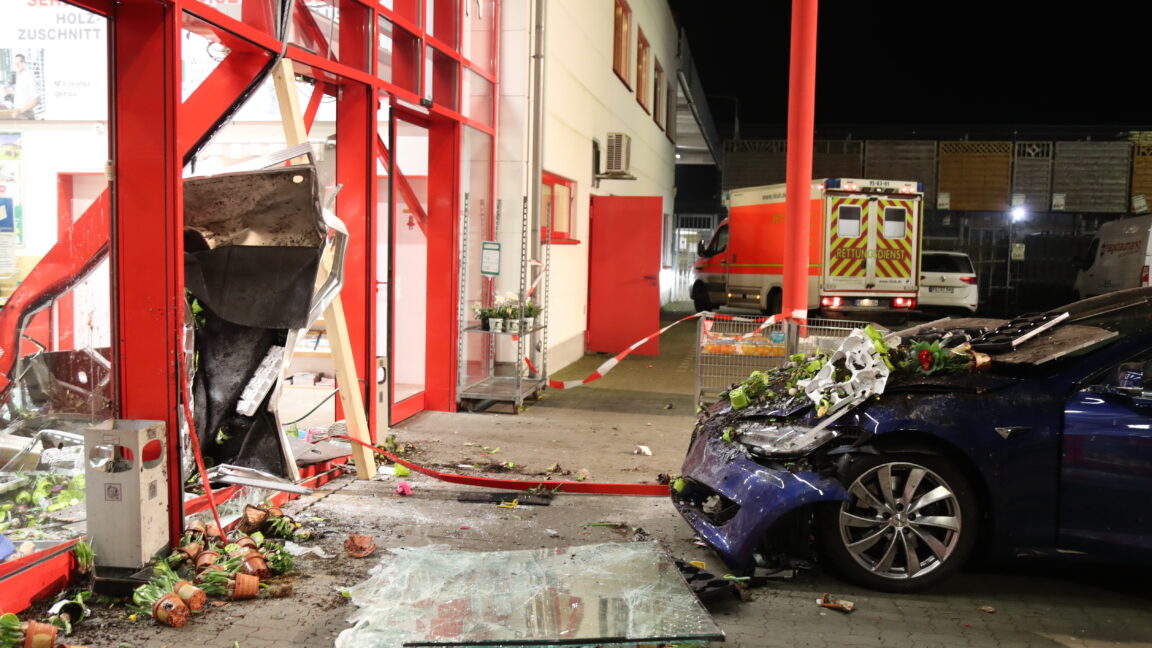- cross-posted to:
- automotive@discuss.tchncs.de
- enoughmuskspam@lemmy.world
- cross-posted to:
- automotive@discuss.tchncs.de
- enoughmuskspam@lemmy.world
AI Summary:
Tesla’s 2024 financial results were disappointing, with several key points highlighted:
- Automotive Revenues: Fell by 8% in Q4 2024 compared to Q4 2023, totaling $19.8 billion.
- Energy and Storage Revenues: More than doubled, growing by 113% to $3 billion in Q4 2024.
- Services: Grew by 31% in Q4 2024, contributing $2.8 billion.
- Total Revenue: Increased by 2% in Q4 2024, but income fell by 23%, with an operating margin of 6.2%.
- Net Profits: Dropped by 71% to $2.3 billion in Q4 2024.
- Annual Performance: Automotive revenues decreased by 6% to $77 billion in 2024. Energy generation and storage increased by 67% to $10 billion. Services grew by 27%, bringing in $10.5 billion.
- Gross Profits: Fell by 1%, with net profits dropping by 53% to $7.1 billion for the year.
- Free Cash Flow: Decreased by 18% to $3.6 billion.
- Regulatory Credits: $2.8 billion of profit came from selling regulatory credits, not from core business activities.
- Future Predictions: Tesla expects energy storage revenues to grow by at least 50% year-over-year and aims to grow automotive sales by more than 60% in 2025.
Despite the poor financial results, Tesla’s share price increased by 103% over the same period.



So it’s a government subsidy at no cost to the government, funded instead by other companies? That’s actually quite a neat idea.
I guess the issues arise if Tesla just pockets the subsidy without passing on the savings to savings to people buying EVs
This report shows that they do just that: without the emissions credit system they would operate at a loss. In other words: they sell cars for cheaper than the cost of manufacturing. Coincidentally the same thing the US and EU claims China is doing, as motivation for mercantillist tarrifs.
Why is this an issue. They have their incentive to keep building and selling. As long as they’re building and selling, it doesn’t matter to the rest of us what their profit is.
If they’re building make excess profit, that’s just more opportunity for legacy manufacturers to be competitive. Capitalism 101
“Issue” was probably the wrong word “potential for controversy” would have been more appropriate. It’s potentially controversial because if the profits exceed the subsidies you’re effectively just giving money to shareholders.
No. This is entirely the opposite of capitalism. Under capitalism there are no subsidies. If a business isn’t profitable then it fails. Simple.
What we have is an abomination of capitalism and corporate socialism. That’s the controversy I referred to above. Where governments funnel money to enrich corporations and the select few rather than helping improve population they are charged with governing.